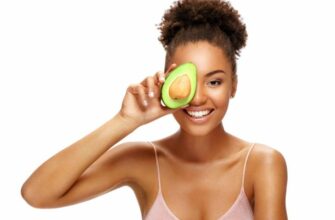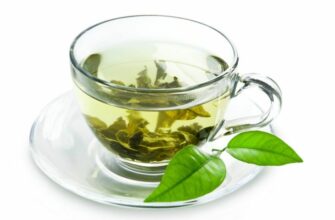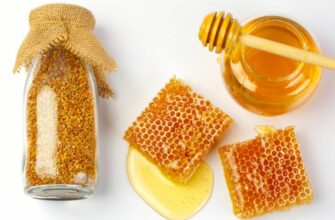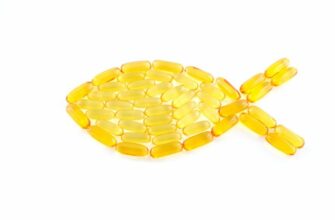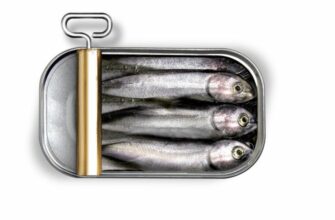Plant-based diets are getting a lot of attention. While the emphasis used to be on strictly vegan or vegetarian ways of eating, that’s changed. Plant-based diets can be plant-centric or “flexitarian”: mostly animal-free with a little meat on the side. People who are starting on a plant-based way of life or are simply curious about it tend to have a few specific questions.
Does Plant-Based Mean No Eggs or Milk?
Plant-based eating is focused mainly on food from plants, but that doesn’t mean that it completely excludes meat, poultry, fish, eggs, or dairy. Instead, people following a plant-based diet choose a higher proportion of foods from plant sources. That includes fruits and vegetables, as well as foods like nuts, beans, and whole grains. Eating a plant-based diet does not mean being strictly vegan or vegetarian.
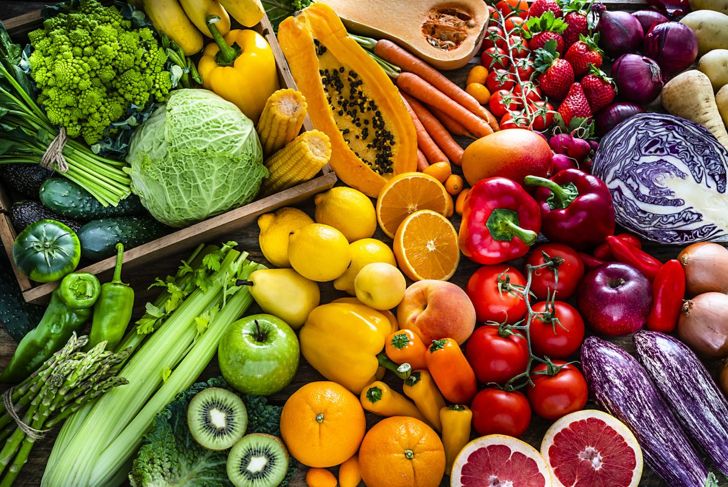
Can You Get Enough Protein on a Plant-Based Diet?
Eating protein-rich foods is essential for maintaining muscle and other vital functions. Protein also provides a satisfying feeling of fullness. It is absolutely possible for a person to get all the protein they need from plant-based sources. Some foods that are rich in protein are lentils, beans, nuts, seeds, wild rice, and wheat. Corn and broccoli are vegetables with relatively high protein content.

Does a Plant-Based Diet Provide Enough Calcium?
If a person stops consuming all dairy products or just not as many as they used to, they can still get enough calcium. Bok choy, dried figs, and sesame seeds are just a few plant-based foods that are rich in this bone-strengthening mineral. Almond milk and orange juice often have added calcium, too.

Does Eating a Plant-Based Diet Lead to Iron-Deficiency?
Completely eliminating meat can make it a little more challenging for a person to get all the iron they need. Animal products contain heme iron, which is easier to absorb than non-heme iron, the type found in plant-based food. However, selecting food that’s high in non-heme iron and eating it together with ingredients that are high in vitamin C will help your body absorb plenty of this vital mineral. Cooked spinach and potatoes are two foods high in non-heme iron.

Do Plant-Based Diets Have Real Health Benefits?
Nutrition research shows that plant-based diets can reduce the risk of heart disease, diabetes, and certain cancers. Vegetarian diets, where people don’t eat meat, poultry, or fish, lower the odds of developing health issues like high blood pressure and type 2 diabetes. People consuming plant-based diets also show lower rates of depression and better mental and physical function.
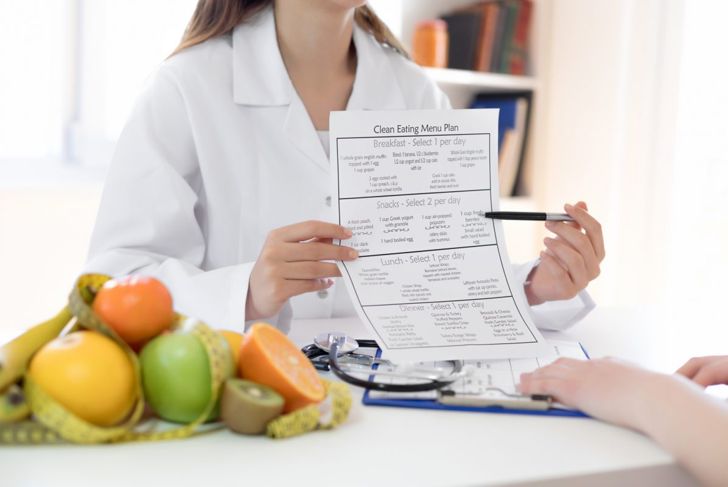
Do You Always Feel Hungry on a Plant-Based Diet?
A balanced plant-based diet is loaded with fiber, and fiber is what makes you feel full because it takes longer to digest. Also, foods that are highly nutritious, as opposed to junk food with empty calories, tend to impart a sense of satiation because the body’s cells are getting what they need. When most of the calories in a meal come from plant-based sources, diners often feel pleasantly full instead of uncomfortably stuffed. Many people who are new to plant-based eating are surprised by how long they feel satisfied after eating a large salad with a wide range of healthy ingredients.

Is a Plant-Based Diet Good for Weight Loss?
A plant-based diet can help with weight loss when you choose fiber-rich foods, aiming for about 40 grams of fiber a day. Going light on or completely eliminating animal-based foods typically reduces the amount of fat you consume, which can also assist a person in losing weight. Choose minimally processed, whole foods for the best chances of losing weight, and be careful about adding calorie-heavy oil to meals, but also remember that completely cutting fat from your diet can negatively impact weight loss.

Do Plant-Based Dieters Need Supplements?
A person following a plant-based diet that includes all types of food might not need to take any supplements. However, when the diet gets more strict, such as vegan or vegetarian, doctors recommend supplementing with B12, a vitamin that’s only found naturally in animal sources. People with special health concerns or who are pregnant or nursing might also need supplementation to ensure they’re getting all the nutrients they need.
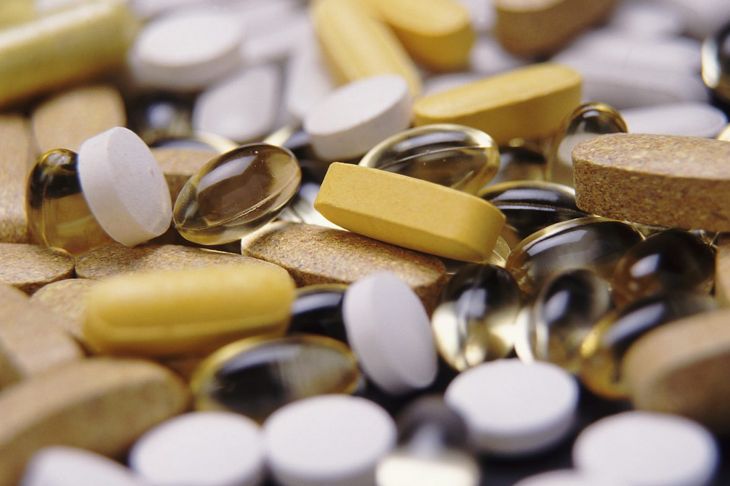
Is a Plant-Based Diet Expensive?
Junk food tends to provide the most calories for the least amount of money, but those calories have little to no nutritional value. When comparing whole-food diets, ones that are made up mostly of plant-based foods cost less than diets that include meat. Meat and animal products are simply more expensive per calorie than grains, vegetables, and fruit. Also, some people new to plant-based eating find they spend more than they expect because they are buying processed foods.

Is a Plant-Based Diet Right for Me?
With such a wide range of plant-based diets to choose from, there is likely to be one that is right for every person’s needs. Anyone who is unsure if plant-based eating is right for them should consult a doctor, nutritionist, or dietician to come up with an eating plan that meets their nutritional needs.


 Home
Home Health
Health Diet & Nutrition
Diet & Nutrition Living Well
Living Well More
More
